What even is a Sprach-Kita?
A “Sprach-Kita”, or Language Kindergarten, is a special type of nursery school that’s been around in Germany since 2016 under the government’s Sprach-Kita Programme. The main aim is to help young children build up their German language skills to a level that will allow them to succeed at school.
How is this different to a normal Kita or daycare centre?
Unlike most Kindergartens in Germany, Sprach-Kitas employ staff who are specifically trained in language teaching and acquisition. These specialists are paid for through Sprach-Kita Programme funding and help to shape the environment of the nursery school, making it easier for children to develop their German skills in an everyday setting.
The schools also have access to external support and advice on catering to children with language setbacks, and may work closely with parents to encourage further language development at home.
Since the scheme was set up in 2016, around 7,000 nursery schools have successfully applied for “Sprach-Kita” status and received at least €25,000 funding through the programme. These were mostly Kitas that had already taken in a higher-than-average number of children from foreign backgrounds, such as those in popular migrant or expat areas.
Sprach-Kitas will generally be much more diverse and focus most heavily on children’s language skills, in addition to teaching young kids about cultural inclusivity.
READ ALSO: ‘Multilingualism is an enrichment, not a deficit’: Raising bilingual kids in Germany
Who are Sprach-Kitas for?
Any young child in Germany is allowed to go to a Sprach-Kita, but the main target audience for these specialised nurseries are the children of foreign parents.
In households where German isn’t the main language spoken, children may struggle to keep up with their classmates at school due to their lower level of German fluency. That could be because the child has two international parents – such as a French mum and an English dad – or because the child has more contact with a parent who doesn’t speak German.
According to recent statistics, around one in five nursery-age children in Germany doesn’t speak German with their parents at home. That equates to 675,000 children in total. In addition, around 40 percent of nursery school children come from a migrant background.
Through the Sprach-Kita Programme, government is hoping to help these children integrate at an early age to set them up fully for life in Germany.
READ ALSO: EXPLAINED: The rise in multilingual children in Germany
Do I have to pay for a Sprach-Kita?
Parents usually have to pay a monthly fee for their child to attend a German nursery school – and the same applies to Sprach-Kitas. The fee structure is generally set by the local government, meaning it can vary widely across different regions of the country.
However, you won’t pay any more (or less) for a Sprach-Kita than you would for an ordinary nursery school.
Where can I find a Sprach-Kita?
Around one in eight Kindergartens in Germany is currently a Sprach-Kita, meaning they aren’t particularly hard to find.
To look for one near you, the best thing to do is to hop onto the government website and look on this interactive map detailing all of the Sprach-Kitas in Germany.
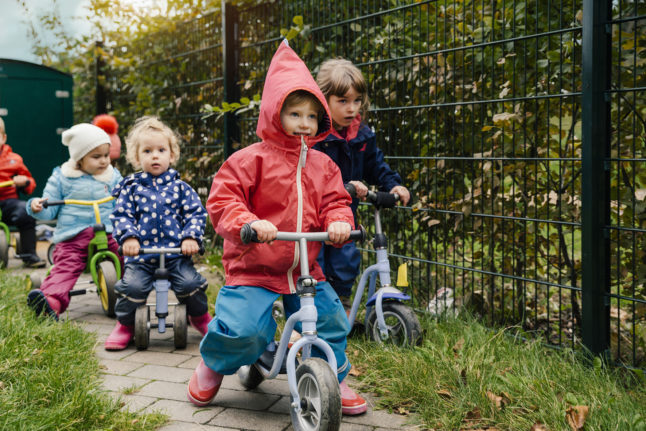
However, partly due to staffing shortages, Kita places in Germany are highly competitive right now – so securing a place may involve getting in touch with a number of them at an early date.
READ ALSO: How can Germany improve its Kitas amid teacher shortage?
Is there anything else I need to know?
Currently, the funding for the Sprach-Kita Programme is due to end at the end of 2022 – and it’s unclear what the fate of the existing language-focused nursery schools will be after this happens.
Though the three parties of the traffic-light coalition had pledged to extend the scheme in their coalition contract, it appears that the programme was one of the first victims of savage negotiations over next year’s budget.
That means the federal government are now hoping to transfer the responsibility for funding the language support over to the 16 states.
“Responsibility in the area of daycare for children lies with the states and cannot be permanently financed by federal funding programmes,” a spokeswoman for the Family Ministry told Welt.
The Ministry for Families has also pledged to make language acquisition a cornerstone of its forthcoming Good Childcare Act, which will see at least €2 billion in federal funding made available for nurseries in 2023 and 2024.
That could make it possible for existing Sprach-Kitas to remain in place as specialised centres for language support.

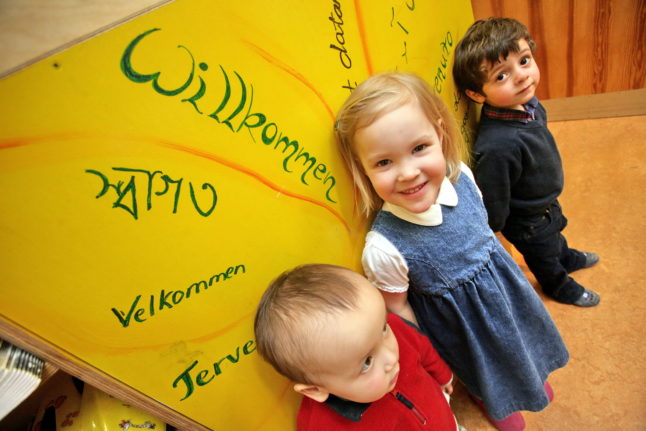
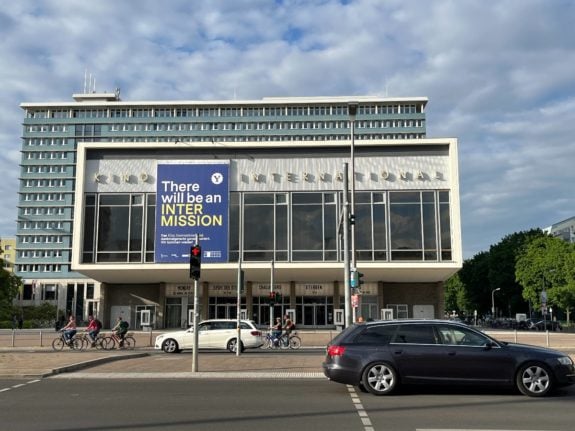
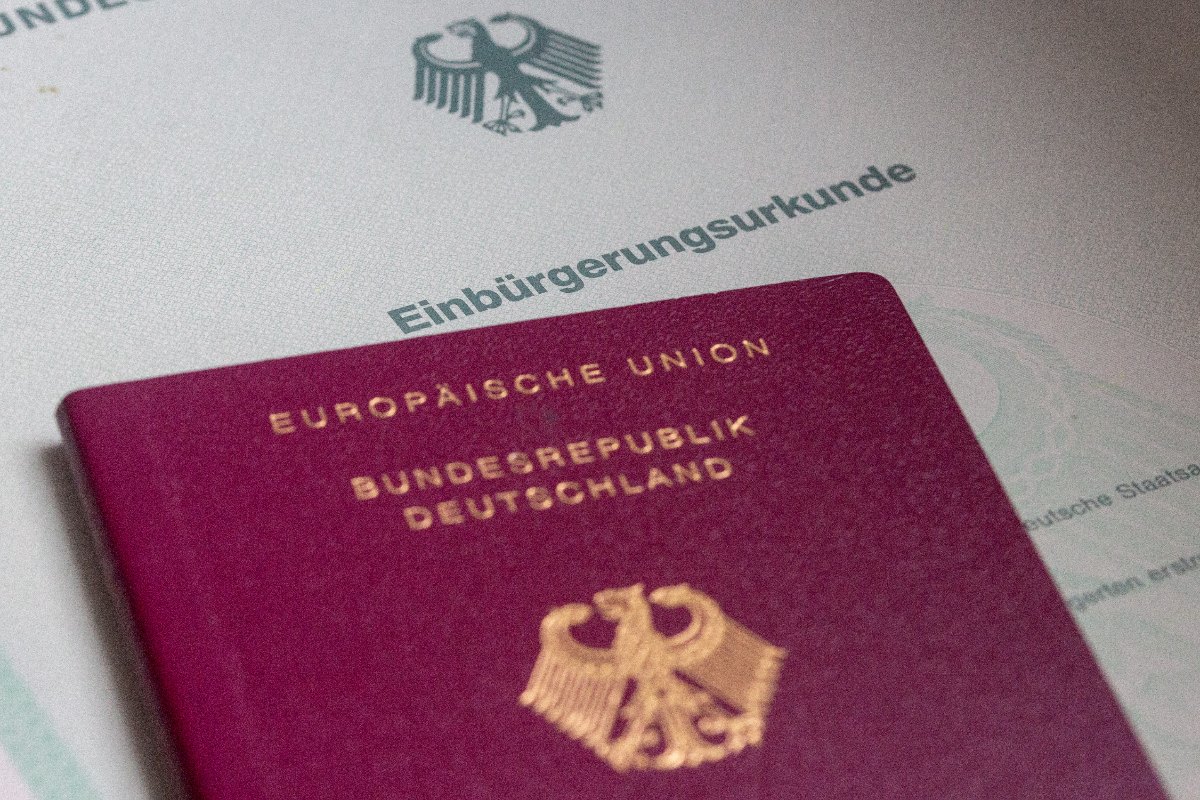
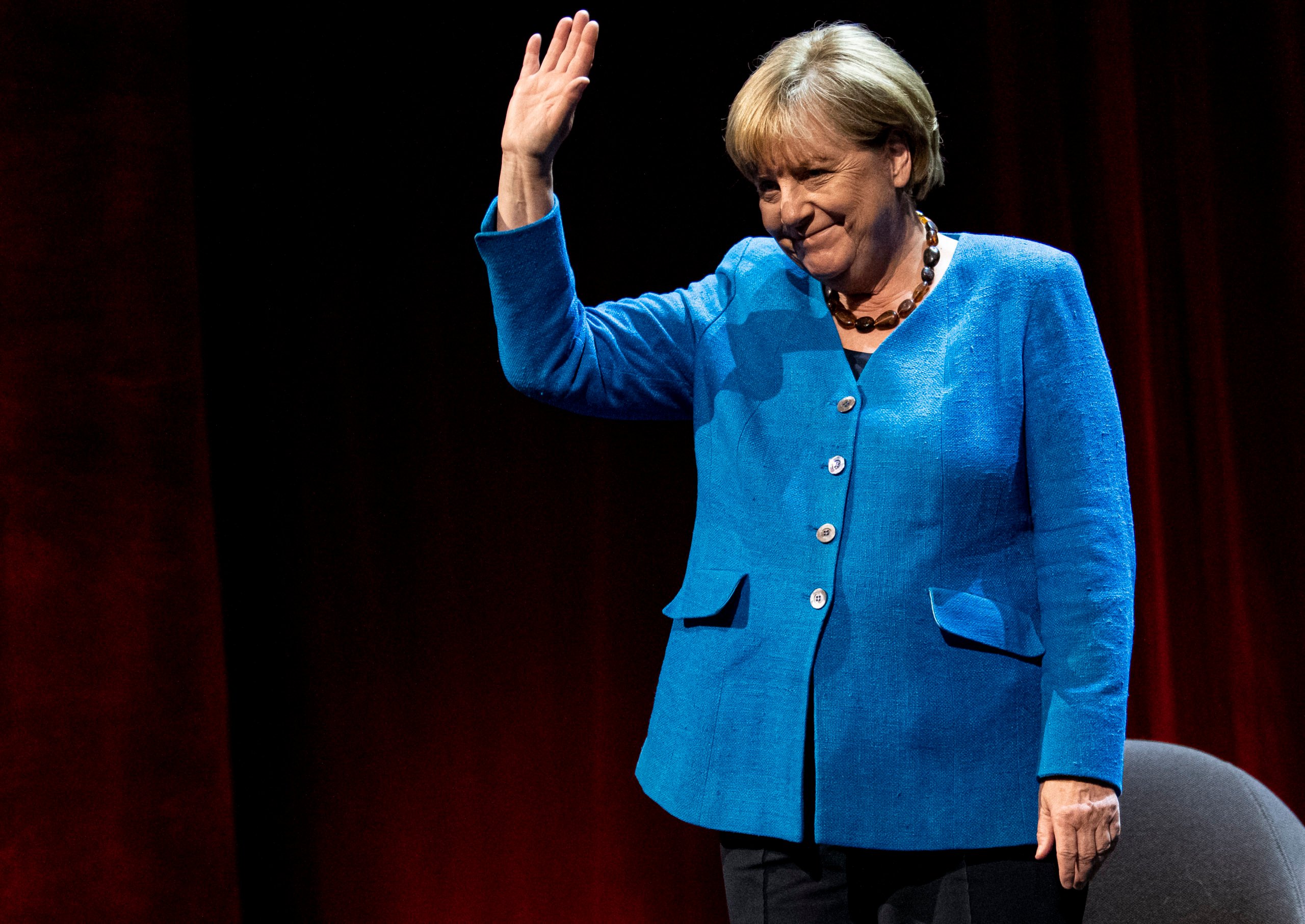
 Please whitelist us to continue reading.
Please whitelist us to continue reading.
Member comments